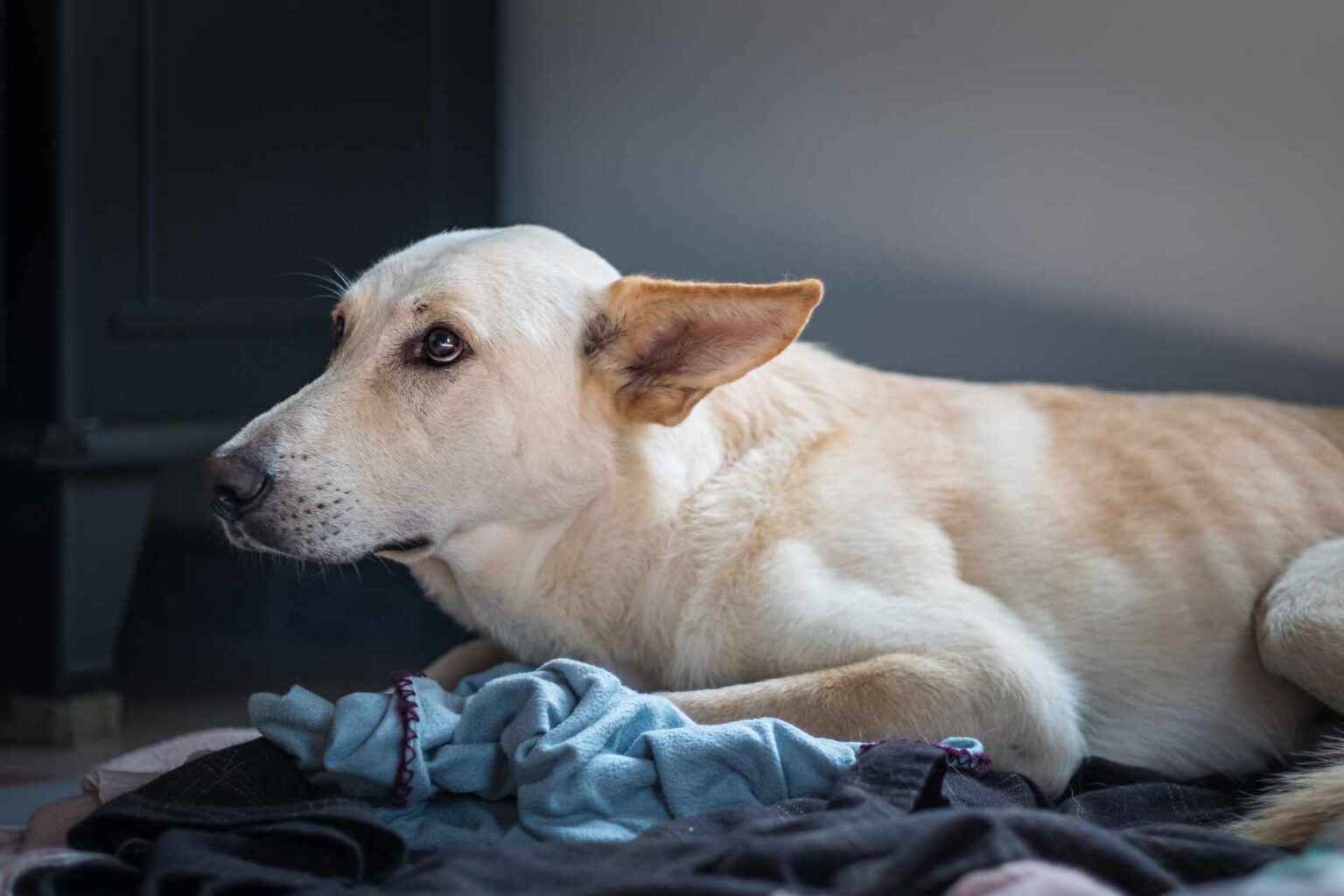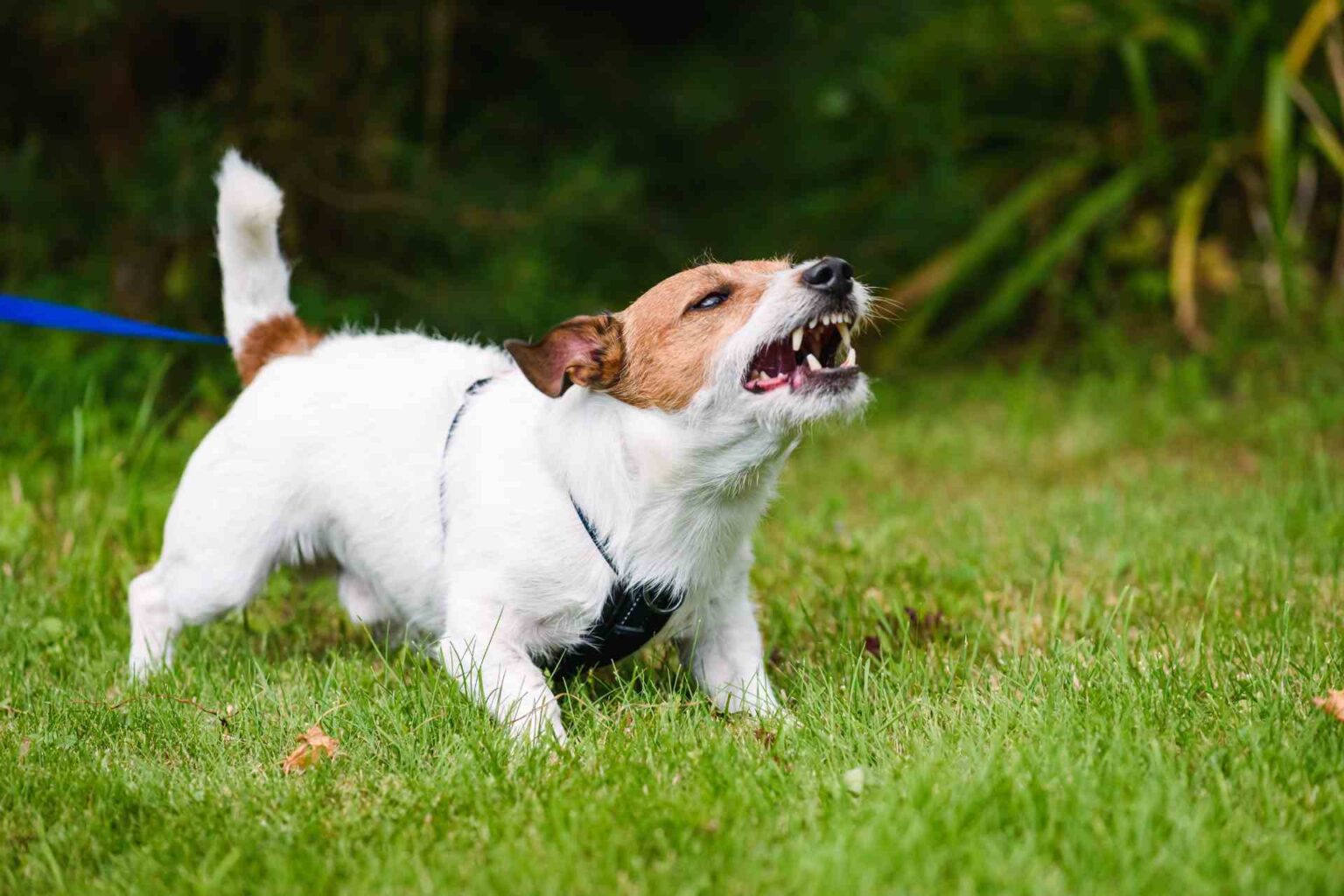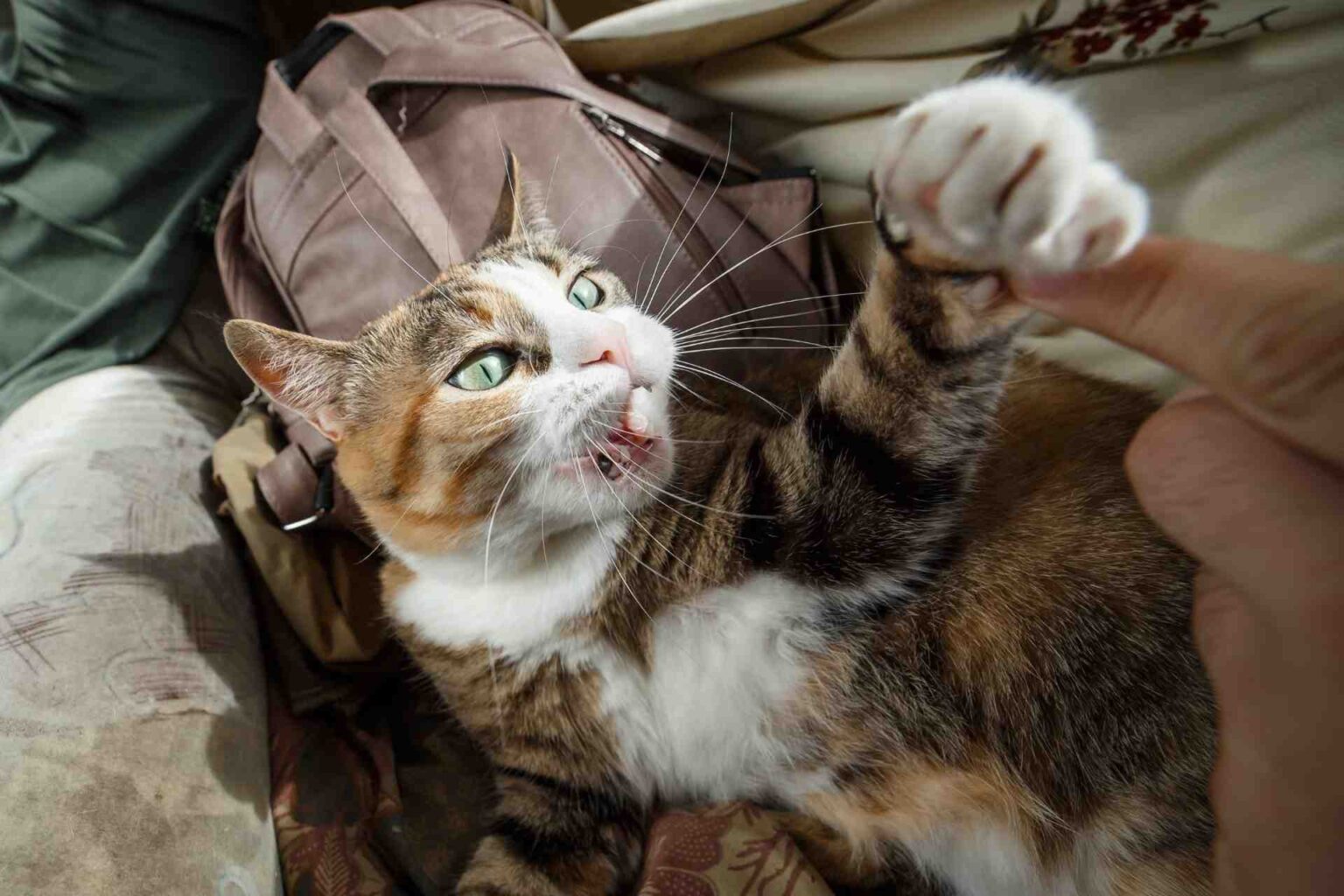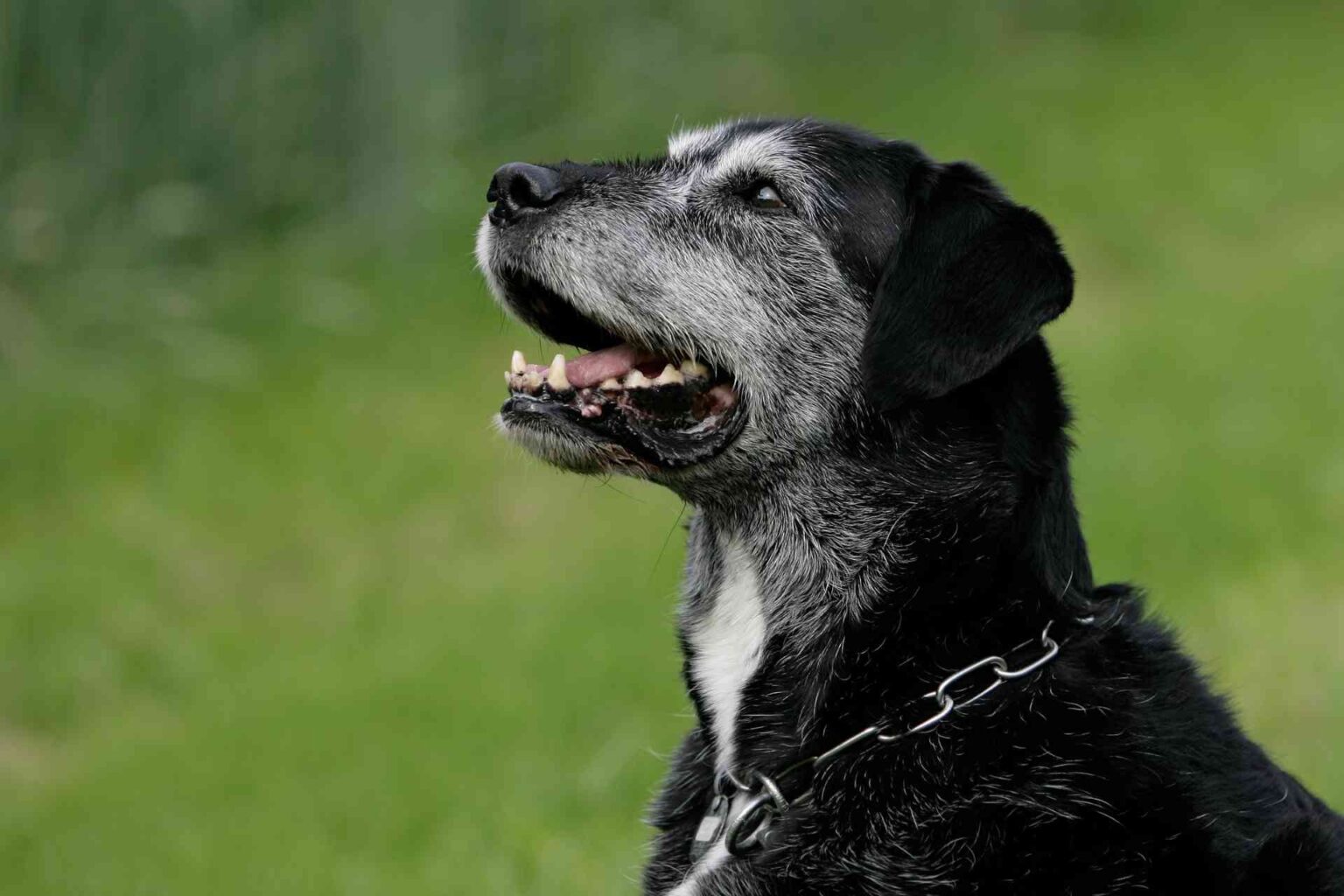Anxiety disorders in dogs are continuously increasing and are a major concern in the field of pet behavior. These disorders are often overlooked in veterinary clinical practice, negatively impacting the quality of life of the animal and owner.
A review Portuguese 2024 provides us with a comprehensive overview of current knowledge on thegut-brain axis and its impact on anxiety disorders, summarizing experimental and clinical evidence on the mechanisms involved and their influence on mental health.
The gut-brain axis
The gut microbiome communicates bidirectionally with the host’s central nervous system through the Gut Brain Axis, a complex network that can regulate cognitive function and behavior through a variety of mechanisms, including neural, metabolic, endocrine, and immune signaling pathways.
In veterinary practice, considerable progress has been made in neurodevelopmental research associated with the canine gastrointestinal microbiome. Aging and cognitive performance in dogs have been associated with dysbiosis.
New therapeutic strategies using prebiotics and probiotics have been shown to improve anxiety-related symptoms
A double-blind, placebo-controlled clinical study investigated the effects of a new nutraceutical supplement on stress-related behaviors in dogs and its relationship to the fecal microbiome. Relaxigen Pet dog® contains a mixture of prebiotics (FOS, fructooligosaccharides), probiotics(Lactobacillus reuteri), postbiotics(butyric acid), 5-hydroxytryptophan (5-HTP), a 5-TH precursor, L-theanine derived from glutamine, a GABA precursor, and other natural anti-inflammatory compounds, including conjugated linoleic acid, a neuroprotective supplement with anti-inflammatory properties, and krill oil, rich in Omega-3. Forty dogs enrolled in this study were classified by a veterinary behaviorist according to their stress level. Anxious dogs treated with Relaxigen Pet dog® had lower levels of Bacteroides, Prevotella, Porphyromonas, Bifdobacterium, Lactobacillus and Enterobacteriaceae strains. This group also showed less anxious behavior. (https://nutrapet.vet/cane-e-comportamenti-da-stress-gli-effetti-di-un-nuovo-nutraceutico/)
Importantly, dogs exhibiting nonaggressive behavior showed higher abundance of Bacteroides and Dorea strains of the phyla Bacteroidetes and Firmicutes, respectively, than aggressive dogs. These results led to the following question: are the detected alterations in microbiota composition a predisposing factor or a consequence of canine aggression?
The authors suggested that a chronic stress scenario could affect the gut’s internal environment by interacting with neuroactive metabolites secreted by commensal bacteria, thus influencing host behavior. A behavior specialist grouped the dogs into aggressive, phobic and healthy, and those with aggressive behavior had lower abundance of Bacteroidetes.
This review features the few, but relevant, studies conducted on canine anxiety disorders. What emerges is that innovative bacterial therapeutic approaches for canine anxiety disorders will become a promising field of investigation and will certainly pave the way for new treatment options for these behavioral conditions.
Reference
Carina Sacoor, John D. Marugg, Nuno R. Lima, Nuno Empadinhas, Liliana Montezinho, “Gut-Brain Axis Impact on Canine Anxiety Disorders: New Challenges for Behavioral Veterinary Medicine,” Veterinary Medicine International, vol. 2024, Article ID 2856759, 10 pages, 2024. https://doi.org/10.1155/2024/2856759













